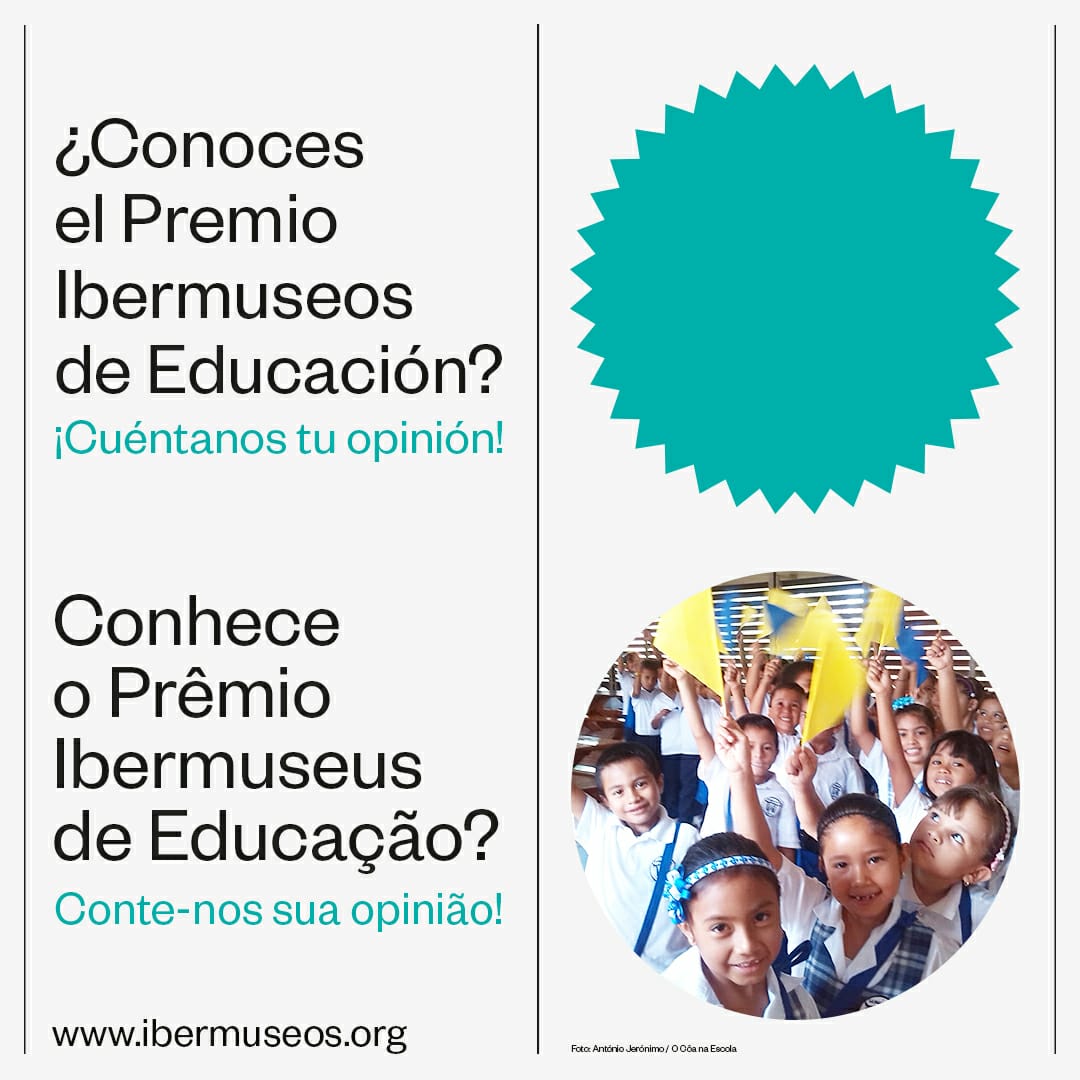

Updated on Oct 02, 2018
Photo credits
1. Sorolla Museum, Spain. Photo: Syndicated
2. National Museum of Fine Arts, Buenos Aires. Photo: Soledad Amarilla / CC.
The Ibero-American Cultural Space (ECI) is an initiative comprising a number of constituent elements. These include: cultural cooperation programs and initiatives, the Ibero-American Conference of Culture Ministers and High Authorities; the Ibero-American Culture Congresses; regional public policies; cultural mobility, management and promotion programs; and the actions derived from ECI’s strategic axes - Cultural SMEs, Cultural Diplomacy and Culture, and Social Cohesion. The entire framework was conceived to favor cultural productions and co-productions, circulation of cultural assets and direct incentives to cultural creators.
Our role in the sector
Since 2007, we have been working together to strengthen Ibero-American museums in three key areas: promoting the importance of museological heritage; highlighting the need to offer training and ensure the mobility of professionals working at these institutions; and facilitating the production, circulation and exchange of knowledge through knowledge through liaising and creating networks to promote public policies for the sector;
Under the coordination of the Ibero-American General Secretariat (SEGIB), the Program acts as an intergovernmental body for the promotion and articulation of public policies to support the museums of the Ibero-American Cultural Space and also provides support for different projects that help integrate, modernize and develop these institutions.
Implementing a program of this magnitude involves many challenges, especially those addressing a diverse and complex mosaic of museum institutions, generating bilingual (Spanish-Portuguese) content, and dealing with different political, economic and social contexts.
The Ibermuseums Program is currently run by an Intergovernmental Council that defines its actions, strategies and priorities. The Council is composed of representatives of fourteen member countries – Argentina, Brazil, Chile, Colombia, Costa Rica, Cuba, Ecuador, Spain, Mexico, Peru, Portugal, Dominican Republic and Uruguay.
It also relies on administrative support from the Ibero-American General Secretariat (SEGIB) and financial support from the Spanish Agency for International Cooperation for Development (AECID).

Museu do Ouro, Colômbia. Foto: Jack Zalium / CC.
What are the goals of Ibermuseums?
MISSION
Contribute to the articulation of public museum policies in Ibero-America, promoting sustainable development and regional integration of museums.
OBJECTIVES
- Contribute to the strengthening of public policies for museums in Ibero-America.
- Contribute to the protection and social appropriation of the region’s museum heritage.
- Strengthen the social function of museums from a gender and intersectional approach.
- Improve the management of museum institutions in the region.
- Strengthen the Ibermuseos Program.
The Ibermuseos Strategic Plan 2020-2023 has been instrumental in the strengthening of the institutional capacity of museums, promoting sustainability and fostering inclusion and accessibility in the region’s museum institutions.
Approved by the Intergovernmental Council in 2024, the Strategic Plan 2024-2029 seeks to consolidate and expand on the achievements of the previous plan, aligning with the priorities of the Program’s member countries and addressing emerging challenges in the current context. This plan seeks to strengthen the resilience of museums, promote the adoption of the gender perspective, promote inclusive public policies and good practices, and ensure that museum institutions are increasingly accessible and relevant in their territories and communities. All this, responding to the criteria set by the Operating manual for Ibero-American Cooperation, with an alignment to elements of the context and the international agenda, such as the 2030 Agenda, as well as the Ibero-American Strategy for Culture and Development, the ICOM definition of a museum (2022) and the Ibero-American Cultural Space.
